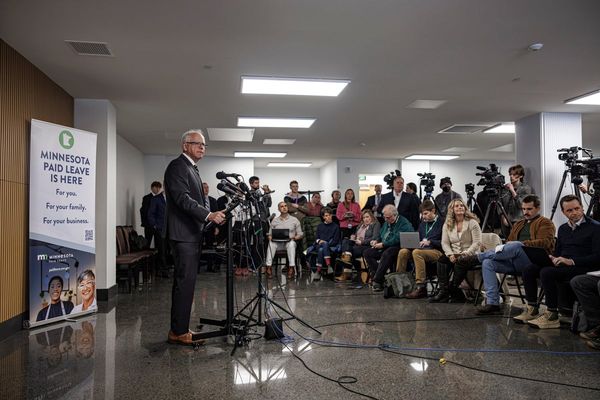
Hi, Peter Vanham here in Paris, France, filling in for Alan.
Was the COP27 climate summit that ended on Sunday in Egypt a success, or a failure?
Ahead of the Thanksgiving break, I put the question to Henry Gonzalez, chief investment officer of the Green Climate Fund. Gonzalez was present in Sharm El-Sheikh last week and joined me this week for a series of lectures on sustainability research at ESCP business school in Paris.
“I’d say it was an average meeting in terms of outcomes, as was Glasgow,” he said.
The positive outcomes, Gonzalez said, were the establishment of a “Loss and Damage” fund to compensate vulnerable countries for the impacts of climate change, and the integration of business and other non-state actors into the heart of the U.N. proceedings.
“Some people may be disappointed that the Loss and Damage fund is created without significant financial pledges,” Gonzalez noted. But as someone working in a fund set up in a previous COP, he noted “the first important first step is anchoring the concept, not the funding.”
Gonzalez’s Green Climate Fund, which is based in South Korea, is a case in point.
It was created during COP16 in Mexico in 2010. Three years later, its governance and secretariat were established. In 2014, it raised its first $8.3 billion for climate investments. And by 2016, it had built up a portfolio of 35 projects. Today, he pointed out, GCF is the largest multilateral fund focused on climate finance, with investments amounting to $11.3 billion and $42.4 billion when accounting for co-financing.
The other crucial outcome of this year’s COP, according to Gonzalez, was the integration of business. “I could do 60 meetings in Sharm El-Sheikh in one week, seeing everyone from our donors to the public and private-sector projects we fund,” he said.
The increased business presence at the COP meeting opened the door to more public-private collaboration and so-called “blended finance” on the climate agenda, as well as more private-sector partnerships.
But it also led to criticism that the corporate world is hijacking the meeting, specifically because of the presence of more than 600 oil industry lobbyists, which coincided with a successful drive to leave the phasing-out of fossil fuels out of the final agreement.
Part of that criticism resonated with Gonzalez. “COP is maybe getting too big,” he said.
The next COP, at the end of 2023, is planned in the United Arab Emirates.
More news below. And Happy Thanksgiving! We’ll be back on Monday.
Peter Vanham
@petervanham
peter.vanham@fortune.com







